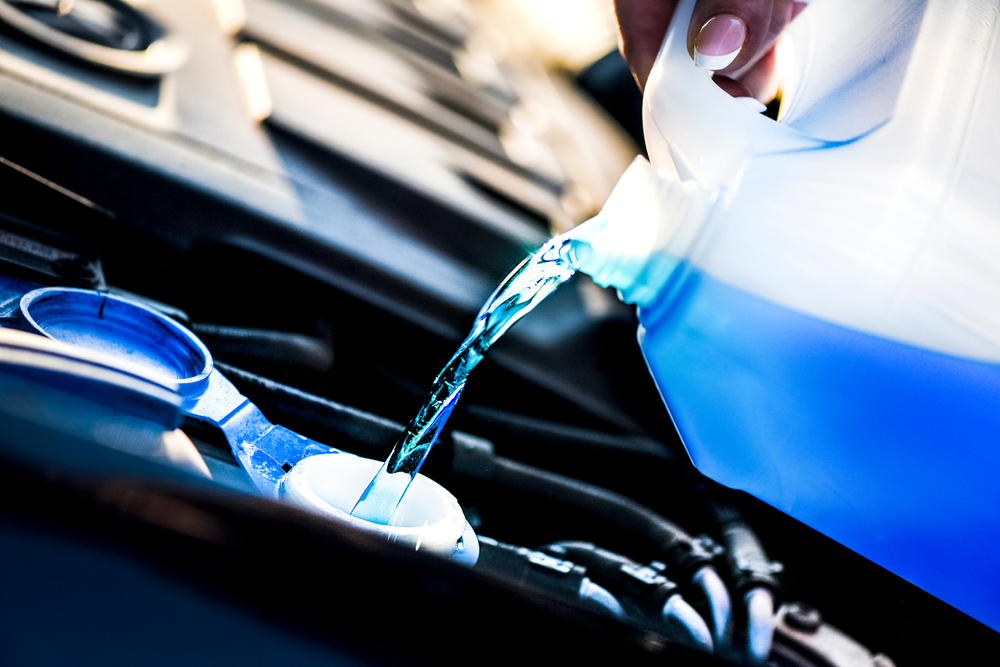When it comes to the maintenance of your car’s engine, one question that often arises is whether it’s okay to top off the engine oil. Many car owners wonder if adding new oil to the existing oil is a viable solution or if it’s necessary to get a full oil change. In this article, we will explore the topic and provide you with the information you need to make an informed decision.

Credit: hackmd.io
What Happens When You Top Off Engine Oil?
Topping off engine oil refers to adding new oil to the existing oil in your car’s engine. While it might seem like a convenient solution to maintain the oil level, it’s important to understand the potential consequences. When you top off the oil, you are essentially adding new oil to old oil, resulting in a mixture of clean and dirty oil. Over time, this can lead to an overall buildup of dirty oil in the engine.
Additionally, topping off the oil doesn’t address any underlying issues that may be causing the oil level to decrease. It’s possible that the oil level is dropping due to a leak or an internal engine problem. Simply topping off the oil won’t fix these underlying issues and may lead to further complications down the road.

Credit: www.cbac.com
When Should You Top Off Engine Oil?
Topping off engine oil is typically not recommended unless the oil level falls below the minimum mark on the dipstick. If you notice that the oil level is significantly low, it’s important to investigate the cause of the decrease and address any potential problems. In such cases, topping off the oil temporarily can help you reach the nearest service station for an oil change.
However, it’s crucial to keep in mind that regularly topping off the oil as a substitute for regular oil changes is not an effective long-term solution. It’s best to follow the manufacturer’s recommendation for oil change intervals to ensure the optimal performance and longevity of your engine.
The Importance of Regular Oil Changes
Regular oil changes are essential for maintaining the health of your engine. During an oil change, not only is the old oil drained, but the oil filter is also replaced. This helps remove any contaminants and ensures that clean oil is circulated throughout the engine.
Oil changes are necessary because engine oil deteriorates over time due to factors such as heat, friction, and contamination. When the oil becomes dirty and less effective, it loses its ability to lubricate and protect the engine properly. This can result in increased wear and tear, reduced fuel efficiency, and potential engine damage.
By following the recommended oil change intervals, you can ensure that your engine operates at its best and minimize the risk of costly repairs. It’s important to consult your vehicle’s owner’s manual or speak with a qualified mechanic to determine the appropriate oil change frequency for your specific car model.
Conclusion
In conclusion, while topping off engine oil may seem like a quick fix to maintain the oil level, it’s not a recommended long-term solution. Topping off oil can result in a mixture of clean and dirty oil, potentially leading to engine issues. Regular oil changes, on the other hand, are necessary to ensure the optimal performance and longevity of your engine. By following the manufacturer’s oil change recommendations, you can keep your engine running smoothly and avoid costly repairs.
Read More:


